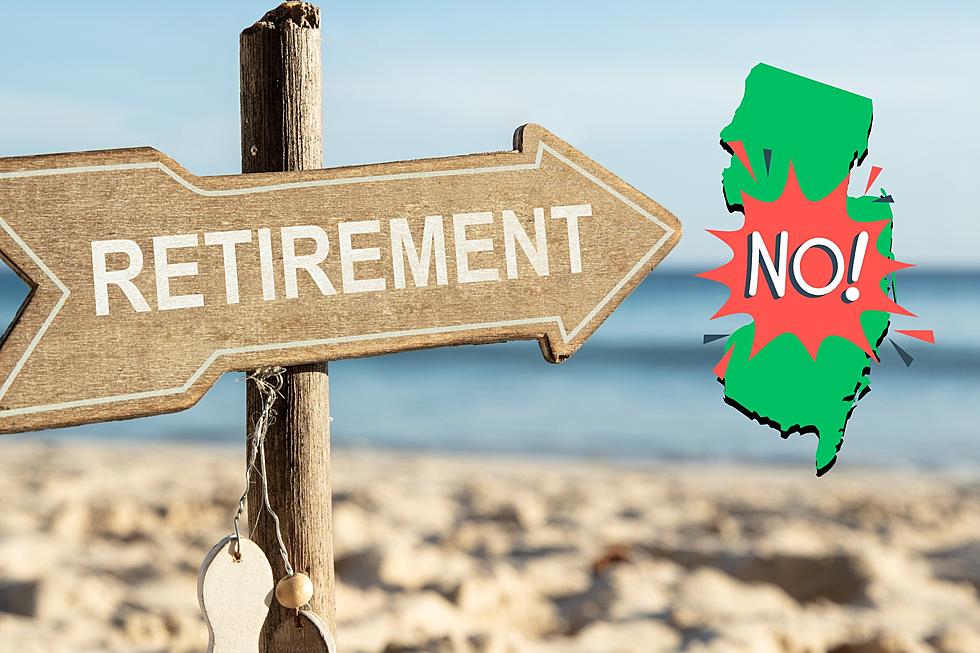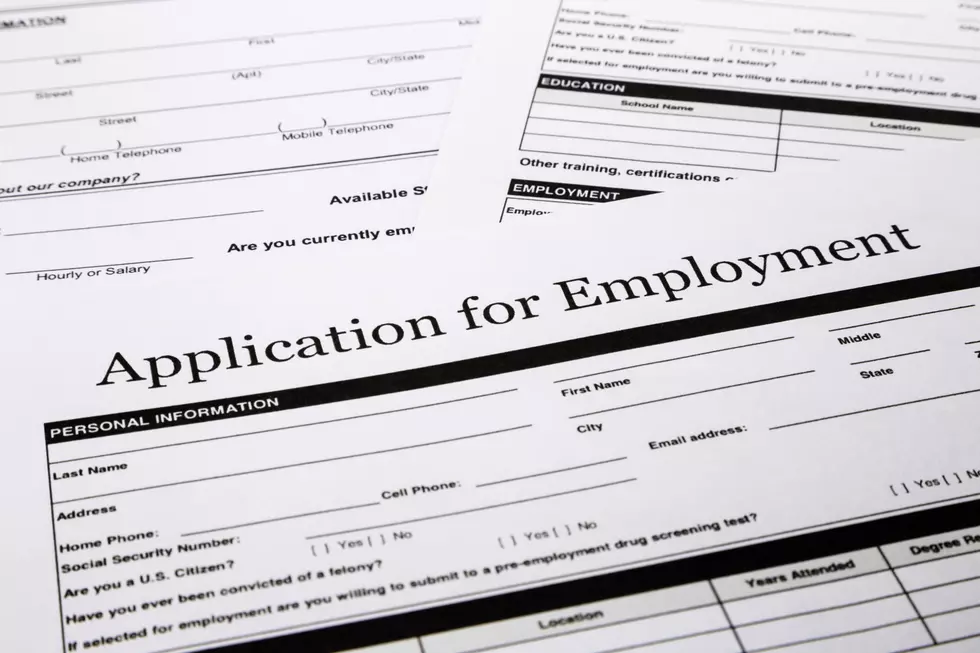
Military Retirees May Not Want to Settle in NJ, One Study Finds
With Memorial Day weekend upon us and the U.S. planning to withdraw all troops from Afghanistan this year, personal finance website WalletHub has released its report on 2021's "Best and Worst States for Military Retirees."
Analyst Jill Gonzalez said WalletHub looked at 30 key indicators of retirement-friendliness toward veterans with data sets ranging from veterans per capita to housing affordability, to the quality of VA hospitals to job opportunities. She said the average person retires from the military at around 35 years old so they still need to work.
New Jersey is the 32nd best state for military retirees, falling middle of the pack, she said. When it comes to the economic environment right now for vets, it's not looking great in the Garden State. In fact it's New Jersey's worst score, ranking 45th on the list. Gonzalez said the state has some of the lowest percentage of veteran-owned businesses in the country and home ownership rates are low too.
New Jersey ranked 17th for healthcare, particularly when it comes to the quality of VA facilities. Gonzalez also said New Jersey is 16th in terms of quality of life, meaning everything from a lower number of homeless veterans to more VA benefits administration facilities.

"Right now New Jersey does not have a lot of veterans. It has the second fewest veterans per capita, only second to New York," said Gonzalez.
Virginia is the best state for veteran retirees. South Carolina is second best followed by Florida, South Dakota and Alaska. She said there is more of a military presence in these states to begin with, so this makes sense.
Oregon is the worst state for retired vets followed by Vermont, District of Columbia, Nevada, and Rhode Island.
NJ's most and least COVID vaccinated towns, by county
More From WPG Talk Radio 95.5 FM










